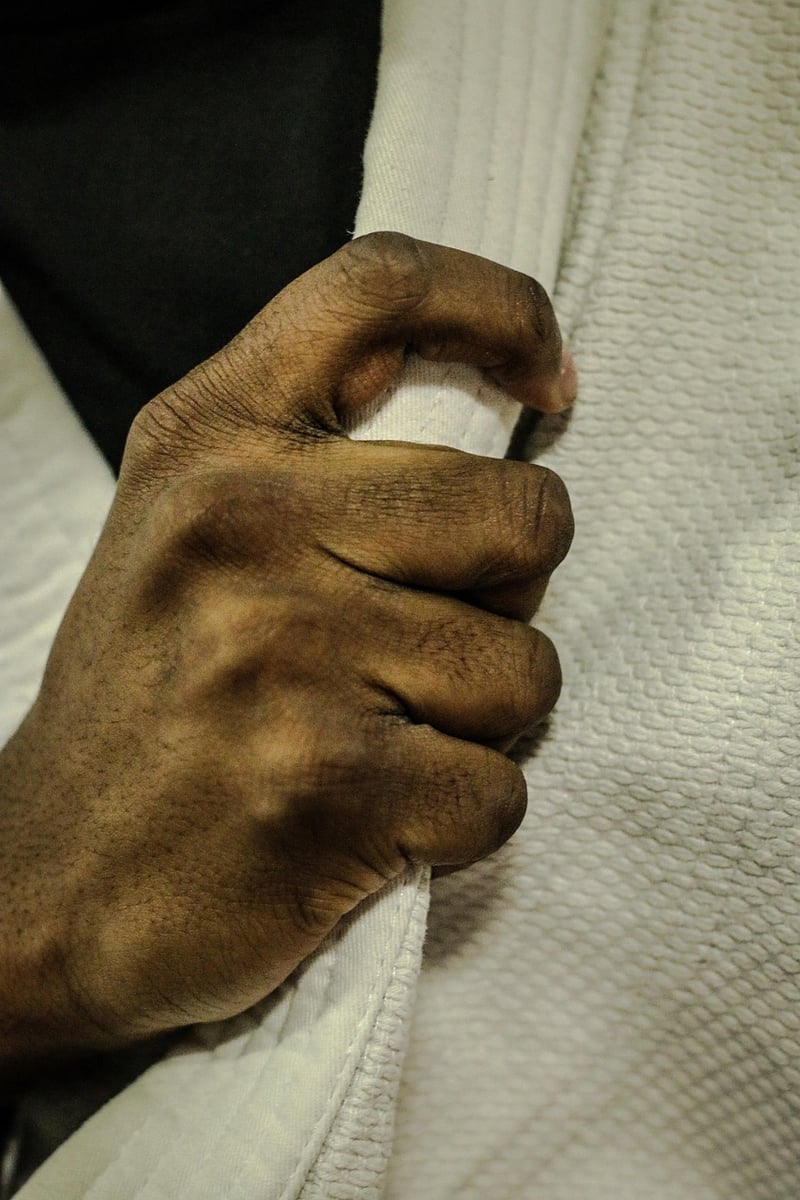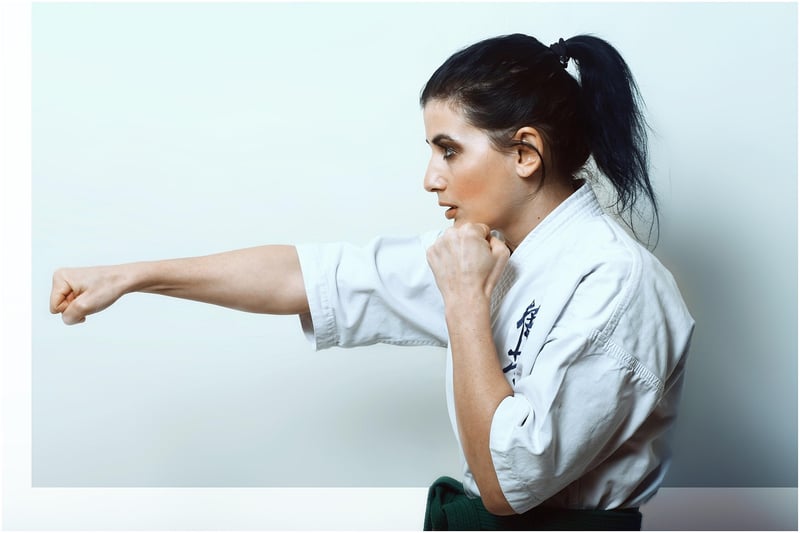Judo
Mastering Self-Defense through Disciplined Combat Practices: An Introduction to Judo

The Art of Judo
Judo, meaning "gentle way," is a modern Japanese martial art and combat sport that focuses on using an opponent's energy against them. Developed by Jigoro Kano in the late 19th century, Judo emphasizes throws, joint locks, and pins to subdue adversaries.
Key Principles
- Ju no ri - Principle of Seiryoku Zenyo (Maximum Efficiency): Using minimal effort for maximum effect.
- Jita Kyoei - Principle of Jita Kyoei (Mutual Welfare and Benefit): Fostering mutual prosperity and welfare.
Training and Benefits
Training in Judo not only equips individuals with self-defense skills but also offers a range of physical and mental benefits:
- Improved balance, coordination, and flexibility
- Enhanced physical fitness and stamina
- Increased self-confidence and discipline
- Stress relief and mental focus
Self-Defense Applications
Judo techniques are practical for self-defense situations, allowing practitioners to defend themselves effectively without causing unnecessary harm. Common self-defense applications include throws, joint locks, and immobilization techniques.
Getting Started
If you're interested in learning Judo for self-defense or personal development, look for a reputable dojo or Judo club in your area. Beginners can start with basic techniques and gradually progress to more advanced moves under the guidance of experienced instructors.
Conclusion
By embracing the principles and techniques of Judo, individuals can cultivate not only self-defense skills but also physical fitness, mental resilience, and a sense of discipline. Start your Judo journey today and discover the transformative power of this ancient martial art.
Image Source: Pixabay
